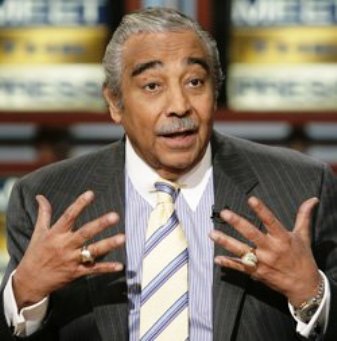Last Monday (Oct. 12) I brought up the ethical issue facing Charles Rangel, the House Democrat from New York.

Mr. Rangel has been under investigation for the past year regarding some questionable financial reporting. Recently, The House Ethics Committee has expanded their investigation into Mr. Rangel’s failure to “…report hundreds of thousands of dollars in income and assets from 2002 through 2006,” The New York Times reported (Oct. 9).
Until the issue is resolved, many – notably Republicans – are calling for Rangel to step down as chairman of the powerfulWays & Means Committee. Several have come to his defense – notably Democrats. However, Republican Representative Peter King said, “I think it is a dangerous precedent to find someone guilty before the ethics committee has made a decision.”
Rangel’s lawyers claim that their client’s financial problems are more the result of “sloppy bookkeeping” than deliberate fraud.
So, should Rangel step down until the Ethics Committeecompletes its investigation or is Rangel innocent until proven guilty?
I consulted the most immediate source: the 2008 edition ofThe House Ethics Manual by the Committee on Standards of Official Conduct. After you scroll through a rather lengthy and detailed table of contents and appendices, An Overview of General Ethical Standards (page 1) reads: “Members, officers and employees of the House should: Conduct themselves at all times in a manner that reflects creditably on the House.”
However, the top of page two addresses the issue even more clearly with a quote from former Speaker of the House Henry Clay: “Government is a trust, and the officers of the government are trustees; and both the trust and the trustees are created for the benefit of the people.”
I would ask Mr. Rangel’s attorneys two questions: Does Mr. Rangel’s behavior reflect “creditably on the House”? Is he living up to the trust of the American people?
“Ethics,” ethicist and teacher Michael Josephson says, “is having the character and the courage to do the right thing, even when it costs more than you want to pay.”
With trust and confidence in elected officials at an all-time low, I believe Mr. Rangel knows the right thing to do, but it would seem the price is too high.
P.S.: Is it me, or do both Rangel and Florida State University President T.K. Wetherell (see “Rogue Tutors”) use a lot of hand gestures when explaining themselves?
Comments










